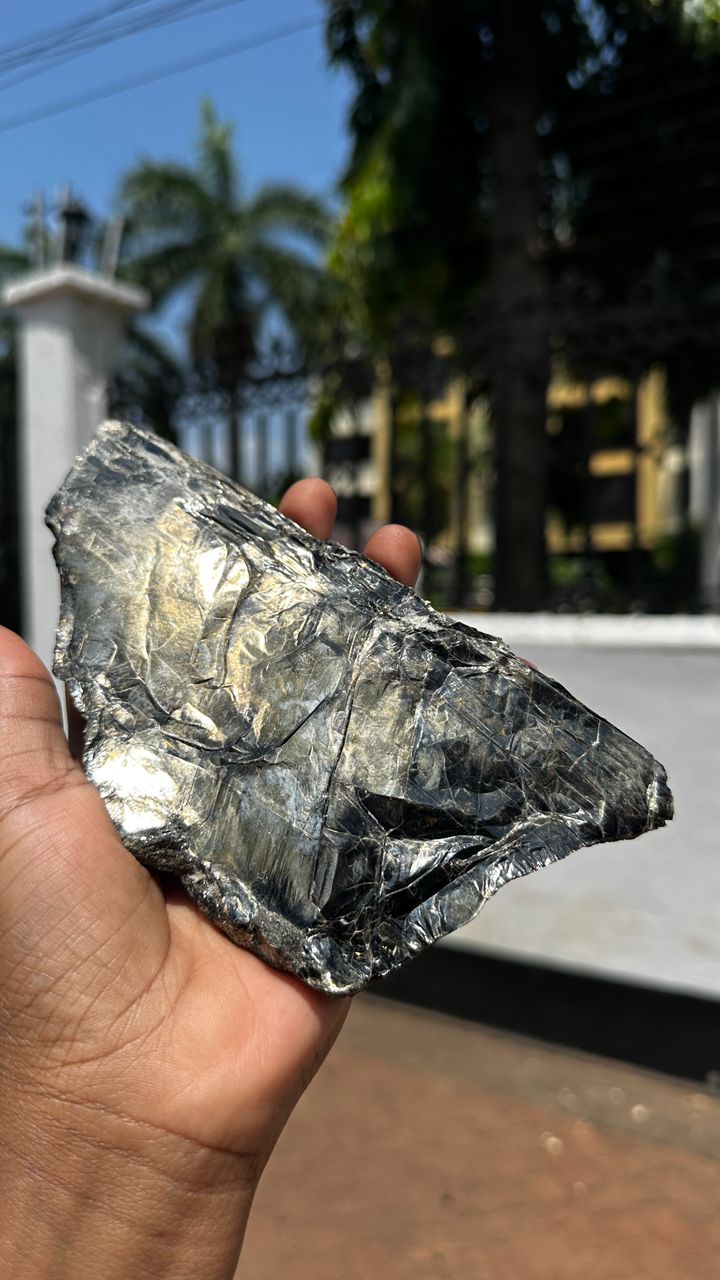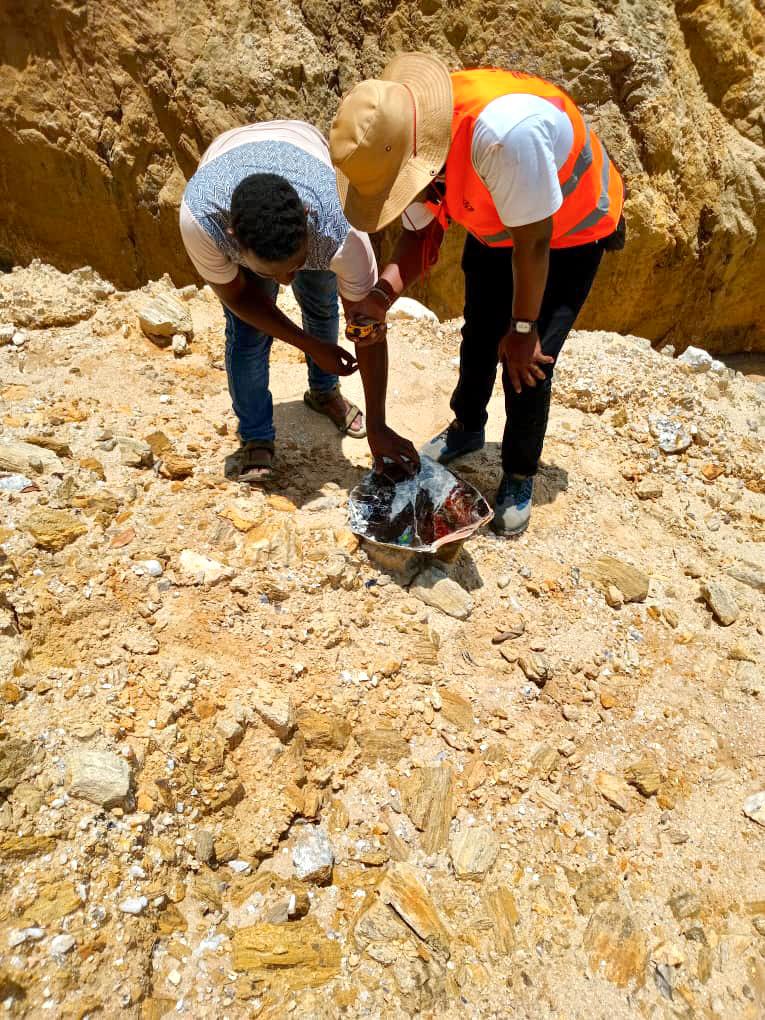

Critical minerals, including lithium, copper, nickel, cobalt, and rare earth elements, are in huge demand around the world due to rapid technological advancements and a global transition to green energy. They play a crucial role in renewable energy technologies, electric vehicles, energy storage systems, and modern electronics. Companies involved in the supply chain are seeing dynamic shifts in the market due to the struggle of industries to be sustainable.
The most critical demand driver is the rapid growth in green technologies. Lithium and nickel are highly essential for battery technologies for EVs and energy storage systems, while copper has a key role in the wiring of EVs, solar panels, and wind turbines. The rare earth elements are not replaceable in the manufacture of permanent magnets for the EV motors and wind turbines. This has, however resulted in a fierce battle over the availability of the few resources, which have now been exacerbated by geopolitics. China, for instance, produces most of rare earth while cobalt comes mainly from the Democratic Republic of Congo, therefore this calls for diversification.
Governments around the world are reacting to these vulnerabilities in supply chains by putting major investments into local mining and refining projects. In the U.S. and the EU, policies are being developed and adopted that encourage sustainable mining practice and recycling of critical minerals to reduce reliance on imported sources. At the same time, consumers and regulators alike are calling for greater use of more environmentally acceptable methods of extraction, thereby nudging companies toward adopting resource efficiency and reducing carbon footprint.




